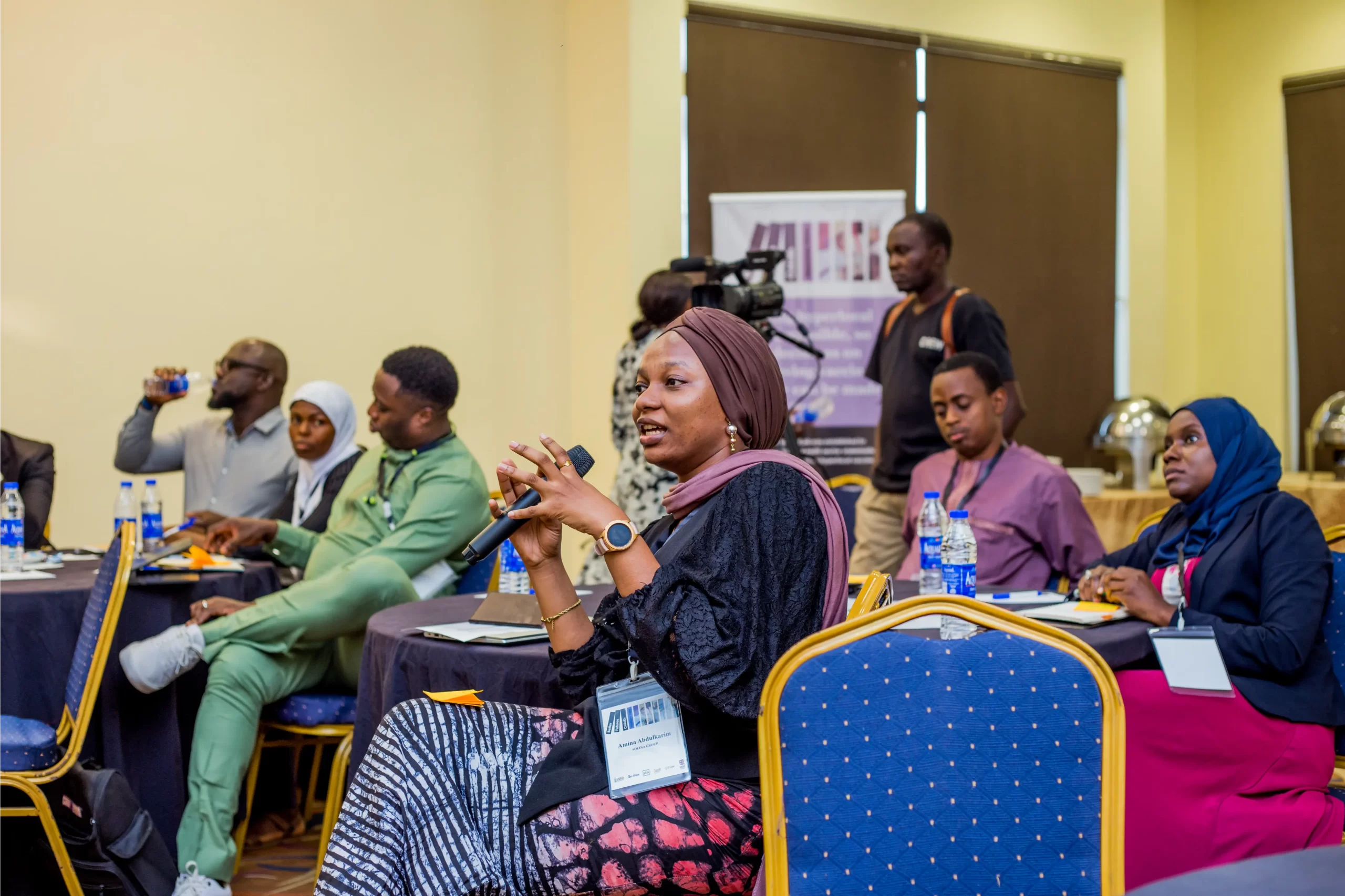Nigeria is confronted by numerous healthcare challenges, one of which is the need for hyperlocal data to support immunization decision-making. Driven by a partnership between DTGlobal, Brink, and Dev-Afrique, the Vaccine Data CoLab set out on a transformative journey to address these issues and use data to improve health outcomes. Its portfolio of projects, each with a distinct focus and an admirable geographic distribution in Nigeria resulted in invaluable insights and lessons that can reverberate far beyond Nigeria’s boundaries, supporting areas experiencing comparable healthcare data challenges worldwide.
The challenges that the Vaccine Data CoLab set out to address includes the lack of granular data at the grassroots, the inefficiency in immunization data management, the lack of accessible, actionable, and interoperable data, the absence of standardization in data collection processes and the ambiguity surrounding terminologies within the immunization sector amongst others. These challenges had significant implications for the vulnerable communities grappling with inefficiencies in vaccine distribution and deployment, disproportionately affecting the most marginalized communities. Immunization coverage gaps existed in hard-to-reach and underserved areas particularly with children becoming unprotected against preventable diseases. It became evident that immunization policies and strategies needed to be guided by timely and accurate data.
Dev-Afrique’s role in driving the in-country implementation and delivery of the vaccine colab’s interventions, played a vital role in steering the transformative journey. The team’s emphasis on inclusive stakeholder engagement, capacity building through training, and a human-centered design thinking approach was deeply relevant in bringing together stakeholders, harnessing their expertise, and delivering the project. This approach was instrumental in pioneering and developing the blueprint for change, setting a standard for others to follow.
Stakeholder engagement was pivotal in creating localized solutions for under-immunization to address peculiar challenges across various spectra. A participatory approach was adopted to include government bodies, private organizations, multilateral, and international organizations, healthcare workers, program managers and communities, working collaboratively to develop innovative solutions. The call to action demanded a multi-faceted approach to transform the nation’s immunization ecosystem. Hence four interventions with unique offerings were funded to contribute to the overarching goal.
With the pilot interventions having significant outcomes, the next steps for the Vaccine Data CoLab in Nigeria involves sustaining the impact through supportive partnerships by expanding the scope of these initiatives and bringing in more stakeholders into the fold. The CoLab is committed to sharing the knowledge and experiences gained from these projects and fostering further innovation in healthcare data management to other regions with similar healthcare data challenges. These collaborative efforts will continue to empower communities, save lives, and advance the cause of immunization data management in Nigeria.
To replicate the Vaccine Data CoLab’s success in other regions, several key recommendations must be considered. It is essential to adopt a highly focused approach with clear, specific objectives that target tangible issues. Inclusive stakeholder engagement, involving public and private sectors, local communities, and beneficiaries, is non-negotiable for success. The implementation of localized, data-driven solutions that account for region-specific challenges is also very crucial. Capacity building through training and ongoing evaluation is vital, ensuring that stakeholders possess the skills and knowledge necessary to leverage data effectively. Community involvement is essential, with end-users integrated into decision-making processes to address their unique perspectives and needs. Active partnerships with supportive organizations and governmental bodies should be fostered, as collaborative efforts expand the reach and impact of healthcare initiatives. With strategies designed to be flexible and responsive to real-world results, adaptability is crucial for allowing long-term success. These recommendations provide a comprehensive framework for replicating the CoLab’s impact in diverse contexts.
In conclusion, the impact of the Nigeria Vaccine Data CoLab highlights the accomplishments of its projects. It exemplifies the power of data for healthcare innovation. In addition to providing healthcare professionals with data skills, it has increased local knowledge, enhanced data accessibility, and given stakeholders the confidence to take action. Its valuable insights, methodologies, recommendations, and the results attained in Nigeria offer other areas facing comparable difficulties with healthcare data a robust model. These outcomes showcase the importance of data-driven healthcare initiatives and offer a model for achieving similar success on a global scale. As the CoLab continues to expand its reach with its transformative journey, numerous communities stand to benefit from a brighter, healthier future.



I like this web site very much, Its a rattling nice spot to read and find info.Raise range
Your article helped me a lot, is there any more related content? Thanks!